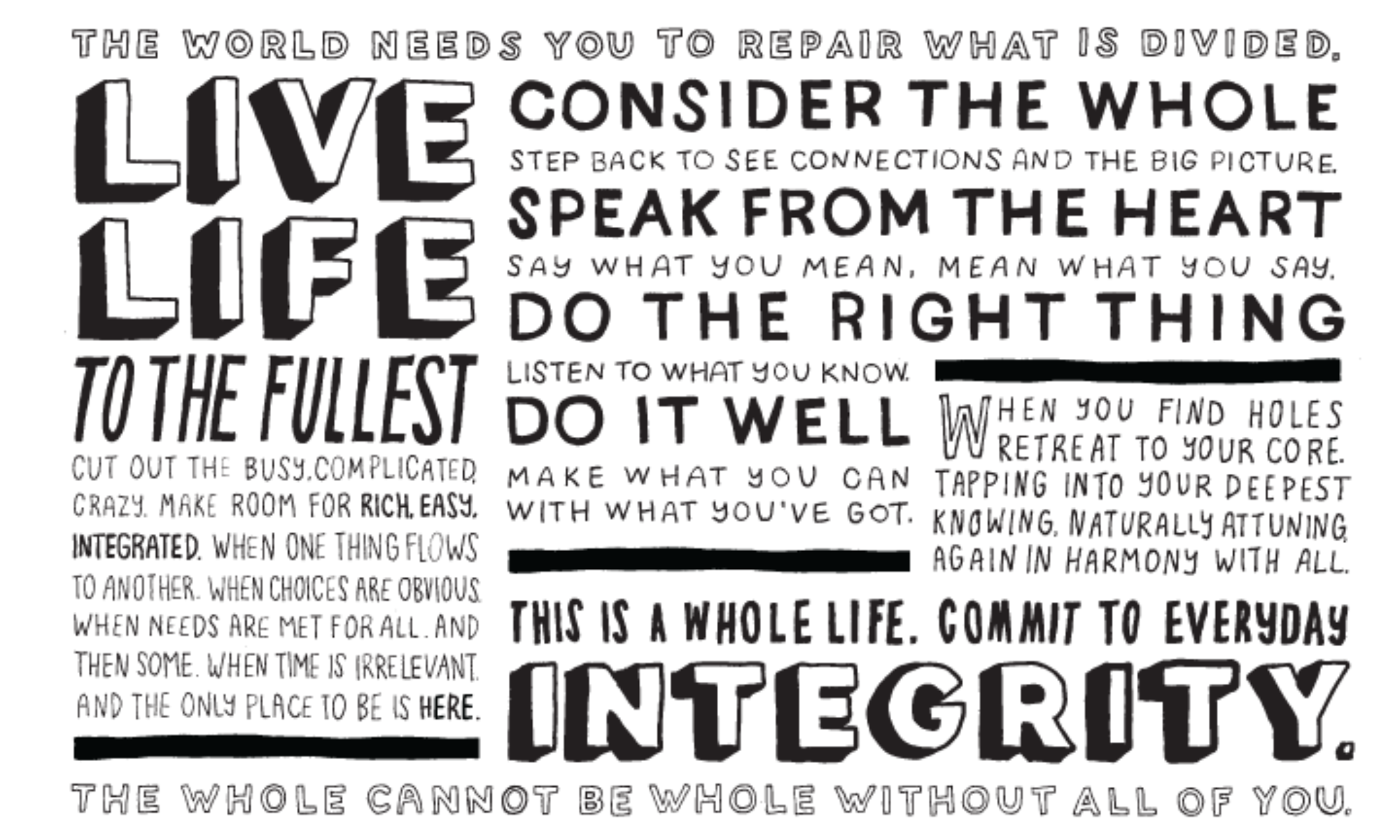Even with a worksheet in hand and three weeks into the course, I had the hardest time finding the words for my needs. Not the needs that come with obvious feelings like hungry or tired. But the more subtle needs. Like being heard or seen. Just as important though, constantly guiding our daily choices and habits that steer the bigger decisions.
During this five-week course, I’m learning the practice of Nonviolent Communication, also known as Compassionate Communication, created by Marshall Rosenberg, a psychologist who made the link back in the 1960’s between observations, feelings, needs and requests as a way “to authentically connect to another human being.”
I thought feelings and needs were simple. Geez, was I wrong.
I guess feelings and needs are simple if you’re only counting the basic ones.
But dig a little deeper, into the layer of known, but unnamed, psychological needs like security and self-expression and acceptance, and it sure gets complicated quickly. And that’s just one person’s needs! As soon as another person is added, then there’s instantly competing needs. Especially in less collective, more individually-minded cultures.
And this is where we find a deep, troublesome and pervasive struggle.
Whose needs are more important?
I faced this question head-on last December, when the COVID-19 case numbers surging up the charts after Thanksgiving looked more like a tsunami than a third wave. The Center for Disease Control revised recommendations for masks on all the time—inside or outside.
Several weeks into living alone, I decided to avoid being indoors with people anywhere, including quick trips to the grocery store. I logged into Instacart and submitted my first grocery delivery order.
Later in the afternoon the next day, my phone started vibrating with texts from the shopper: Would this [other organic, fake cheese brand] work instead? The six-pack of beer I selected was sold out and couldn’t be substituted. Sad face.
We texted back and forth for 55-minutes while I was in a Zoom work meeting and she navigated the store to find everything on my list.
Once I got the “I’m here” text, I grabbed my mask, put on my slippers, then ran down from the fifth floor to meet her out front. As she came around the driver’s side to open the trunk of the Ford Explorer, I saw this beautiful African American woman, twice as big as me, with a pink sequinned mask. I smiled. Now that’s my kinda style!
After a quick “Thank you” from six-feet apart, I gathered up the half-dozen grocery bags and waddled back into my apartment building. As I press the button for the elevator and stood there in the hallway, it hit me.
Wait a second. I simultaneously realized what just happened—what I just saw on the curb and had transpired over the last hour over text. I couldn’t yet name my feelings, but I knew something wasn’t right.
Just like in March as I came to my first epiphany of the pandemic, this defining moment was just as subtle of a wake-up call.
Slowly, I connected my observations with my feelings. And then with my needs. And then her needs.
I was concerned and worried.
Why was this woman—in one of the highest risk groups for potentially multiple reasons—spending hours exposed to others, so that I—in one of the lowest risk groups—could stay safe at home?
Yes, I needed safety and nourishment, hence delivery and groceries. And yes, she needed nourishment, perhaps that’s why she had that job. But, what about her need for safety?
What the heck? I should be doing her grocery shopping!
That was the one and only grocery delivery I did.
These defining moments—on my front porch and with Instacart—keep echoing, reminding me how this deep, troublesome and pervasive struggle touches every part of our lives. Because of the way we currently live, we are in a constant state of competing needs.
And the struggle to get our needs met is vulnerable. Especially when we can’t name them. We’re doing the best we can. And, this constant, collective vulnerability—not just some of us, all of us—is the opening.
An opening for all of us to grow, together.
We can take care of our needs and meet the needs of all. I know we can.
It starts with practice: noticing, sensing, naming and relating.
Authentically, selflessly, compassionately.
May you get everything you need this week.
Love,
Jules
I share a lesson learned about integrity every Monday. Sign up for delivery right to your inbox. Want more? There’s lots more lessons learned here on my blog, so have fun exploring and commenting about your own insights!

